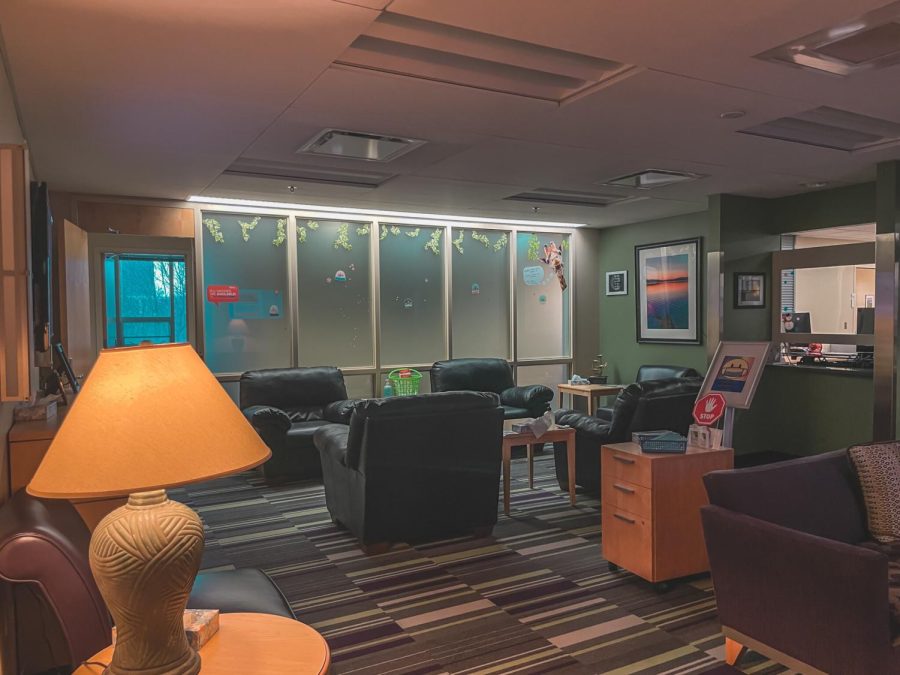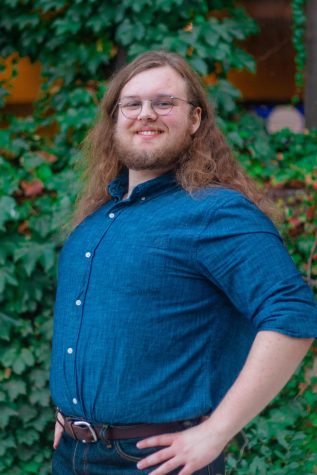Counseling appointments still available during rising demand
Winona State’s Counseling Services schedule is not yet full for the photo editor semester, although current earliest available appointments are being scheduled one month out.
February 23, 2022
Winona State University is still experiencing over-booking with their mental health counseling services; however, members of the school’s counseling staff are able to offer further information and resources so students can hopefully better navigate scheduling with Counseling Services.
Counseling Services’ schedule is not full for the remainder of this semester, although the earliest open appointments are about a month out. Regardless, counselors are still working to get students in as soon as possible by placing them on a “cancellation list.”
Mick Lynch, a counselor at Winona State, said wait lists are “almost inevitable given the high demand and limited sources.”
While the over-bookings and wait time may seem shocking to some, it is not a new issue at Winona State. Dr. Lynda Brzezinski has worked as a counselor at the university for the past 22 years and confirmed that they have had over-bookings like this in past years too.
However, she also stated she has seen “the demand for counseling steadily increase” over the years. According to Brzezinski, data from the 2020 Healthy Minds Survey showed 46% of students at Winona State had been diagnosed with at least one mental health condition in their lifetime. In 2012, this percentage was only 29.4%. It is a phenomenon she described as “staggering.”
While COVID-19 seems to be the most likely contributor of students’ need for counseling support, it is possible that other factors could be contributing largely as well. When it comes to mental health, there are a multitude of factors that could be contributing to any issue.
According to Counseling Services’ recent surveying, 25% of students reaching out did so for COVID-related concerns, as well as highlighting other areas of their lives, such as a lack of motivation/ focus, financial stress and more.
One factor highlighted by Brzezinski is the usage of social media. She believes that social media is, “displacing other activities that are essential for good mental health.” She went on to say that social media usage could take time away from students they could use to connect with friends in person, get a healthy amount of sleep, exercise, etc.
Brzezinski also brought up, “the decreasing stigma around seeking help for mental health concerns.” This is a positive thing, Brzezinski said, that students feel more comfortable about reaching out when something is affecting them and their mental health.
Counseling Services are still looking for solutions for the current over-booking problem. They are currently trying to find an emergency hire to replace one counselor who resigned at the end of last semester. Their goal is to find someone who can permanently replace that role, yet their search so far has been unsuccessful.
Other options are also being explored that will engage students in thinking and learning about mental health, such as peer support programs and education modules. However, these may take both time and money to fully implement.
Brzezinski believes that Winona State is doing everything it can and has the students’ best interests in mind, she said.



































